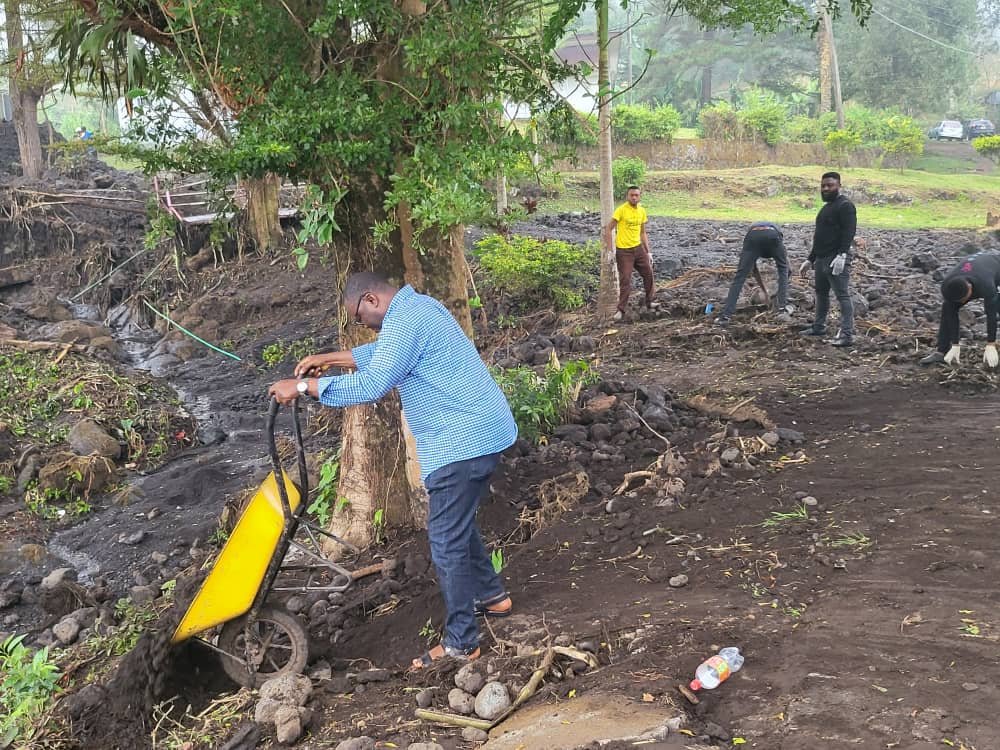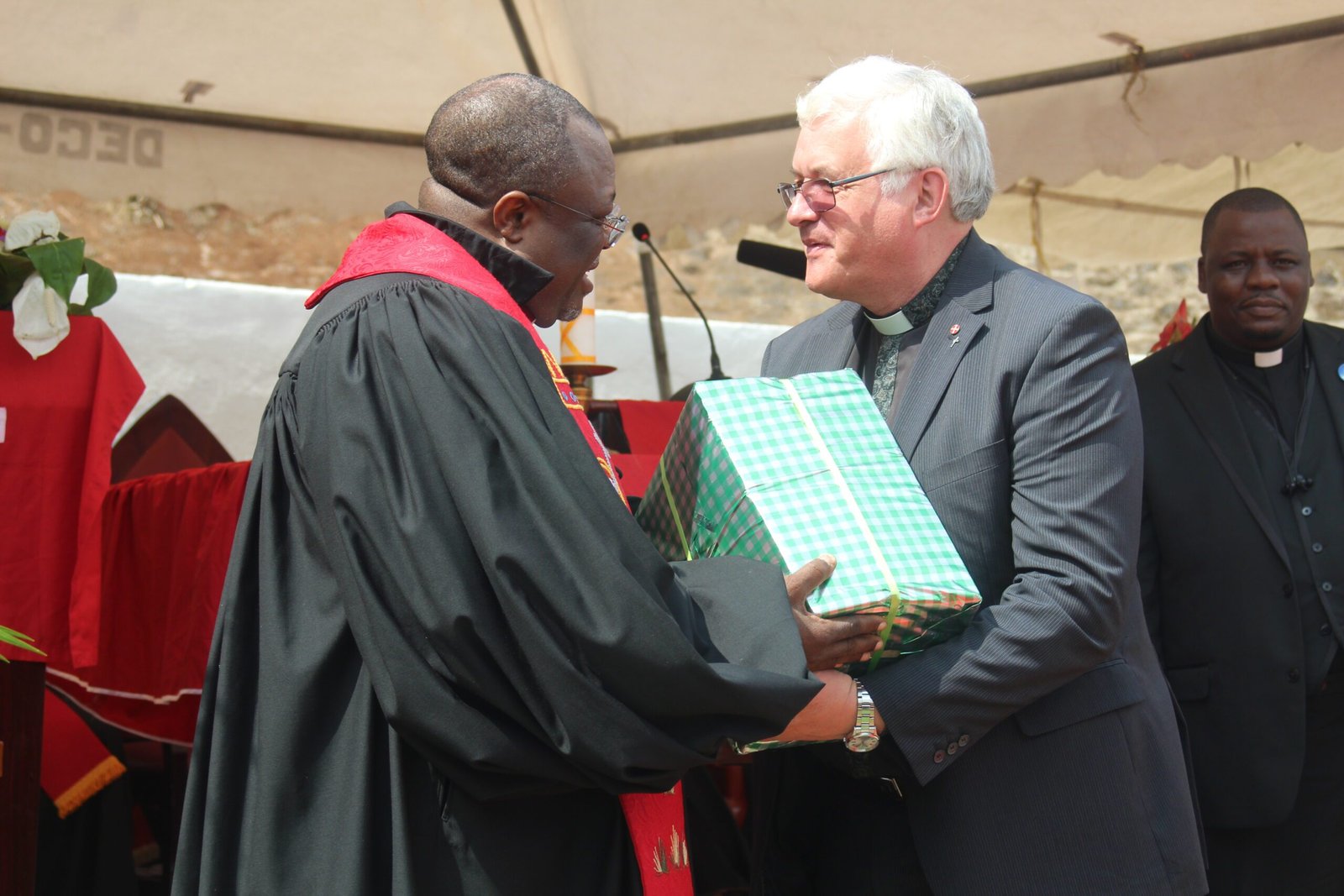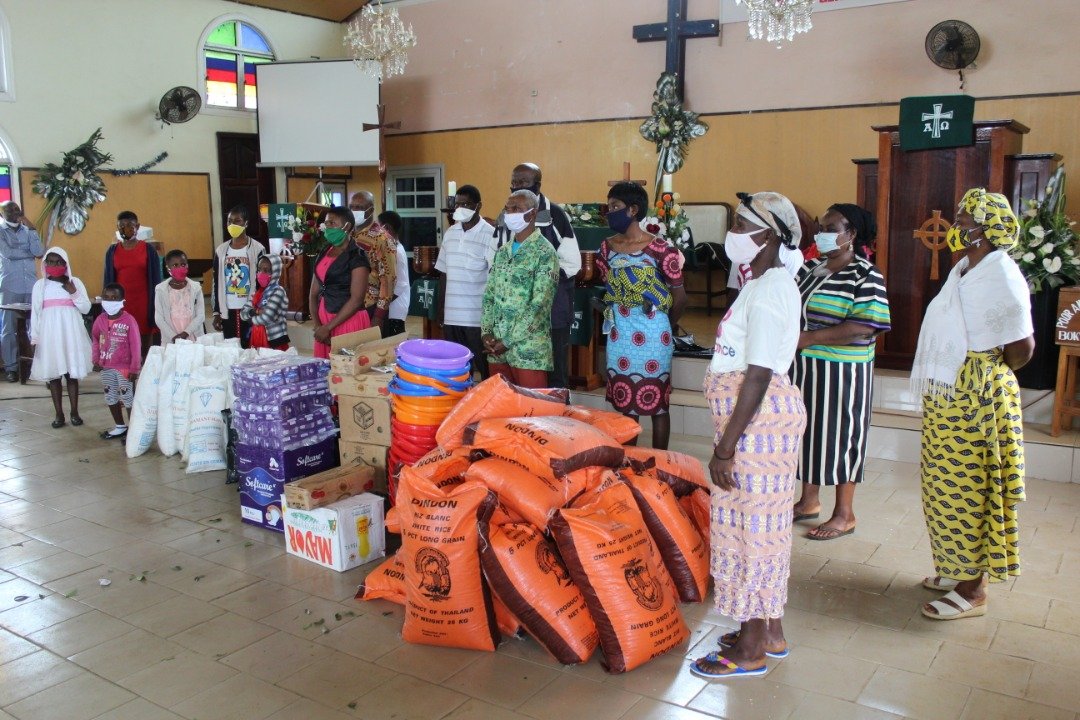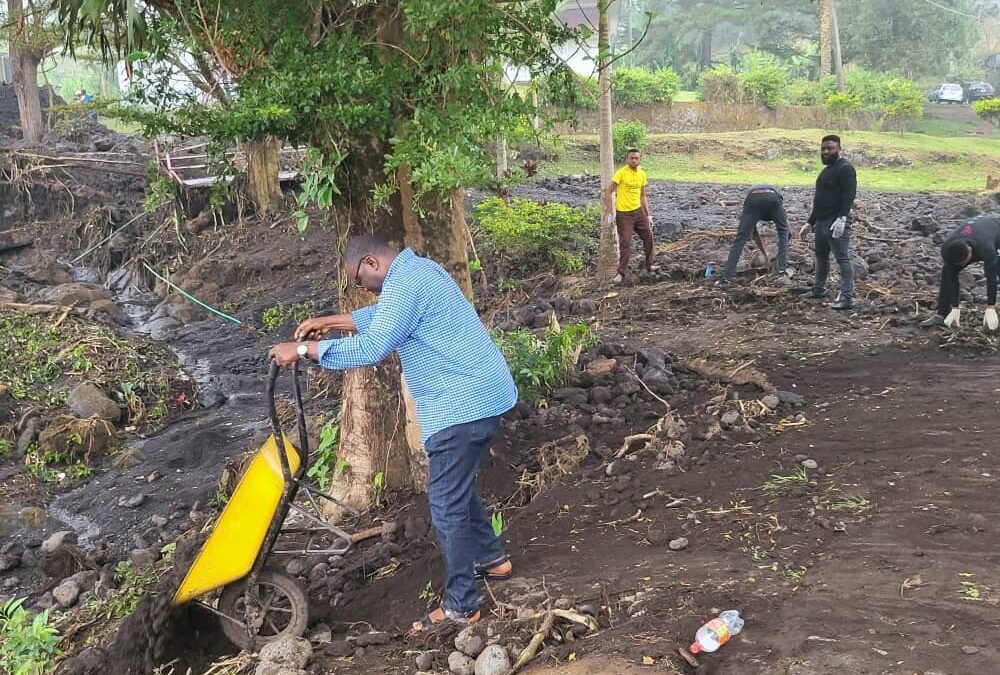






About the PCC Development Department
This department which came into existence in 1970 is headed by a Development Secretary who oversees the various institutions, projects, and programmes engaged in Community-based development in different sectors including vocational training, women & gender, agriculture, healthcare, water & sanitation, Environment & climate change, Advocacy and humanitarian assistance to name a few. The Development department of the PCC also provides a framework for the promotion of development partnerships between the PCC and other organizations in the global South as well as in the global North. In this direction, the department facilitates communication between the Church and other development agencies.
With the Development department as an important arm of the PCC and whose primary objective remains to empower, promote and enhance the welfare and well-being of communities in places where the Presbyterian Church in Cameroon is found, as part of her mission, the development department is a crusader for social and economic justice leaving no room for discrimination or exclusion.
This transformative journey includes people left furthest behind based on their gender, age, culture, ethnicity, race, language, religion, disability, crisis, natural disasters, unemployment, and locating all factors that can contribute to vulnerability in key populations, as well as socioeconomic conditions, migration, asylum, refugee and displacement status, HIV and AIDS and other stigmatizing diseases. Underlying structural inequalities, social and cultural barriers, gaps, and intersectional vulnerability are considered. We dream of a future where there is equality for everyone and no one is left behind.
The units under this department are Prescraft Bamenda, Presbyterian Wood Work Training Centre (Tellco-Preswood) Ombe, Presbyterian Rural Training Centre Fonta, Presbyterian Rural Training Centre Manyemen, Preshostel Buea, Information, Communication and Technology Centre Buea, Synod Office Guest House Buea, Presbyterian Youth Complex Limbe, Presbyterian Nursing School Limbe, Synod Office Hall, Limbe rental stores, Lands office and network antennas on PCC land.
Goal – Contribute towards sustainable economic growth and development in Cameroon.
Vision- To make PCC a self-sufficient Church that contributes to people living life in fullness. A church that stands as one of the strongest partners in development in Cameroon.
Mission –To accelerate the attainment of life in dignity for PCC Christians and communities and to be part of the solution to build a better future for all
Guiding Principles
The complex nature and adverse effects of poverty, crisis, wars, and disasters require long-term, sustainable, and well-coordinated multi-sectoral responses. Efforts to address these issues should be closely monitored to avoid the duplication and fragmentation of activities. The need for innovative solutions requires us to encourage creativity, intellectual curiosity, and openness to change. In this context, as an organization, we have at our disposal congregations, projects, schools, hospitals, and, business units with manifold gifts for livelihood, educational and health facilities, with diverse networks as implementing structures in different thematic areas.
The principles that underpin the Development Department Strategic Plan, are as follows:
Empowerment and Leadership: We strive to promote and develop appropriate competencies among all key role players to carry out their responsibilities in responding to the poverty, humanitarian, and self-sufficiency challenges. We strongly believe that if community members are empowered, they tend to share their powers and use them for the advancement of the nation.
Human Rights-Based Approach: We are rooted in the protection and promotion of human and legal rights, including prioritizing inclusion and gender equality, and gender rights. It means that gender equity is incorporated in all policies and programmes of our projects and works.
Partnerships: We are engaged in facilitating comprehensive stakeholder consultations and dialogue, encouraging partnership-driven development in the planning and implementation of relevant development interventions involving all spheres.
No discrimination and Inclusion: Our work is people and needs-oriented and non-denominational. We desist from stigmatization and exclusion. People with disabilities and women are an integral part of our beneficiaries.
Equal Access and Opportunities: Women are often underprivileged. Our development interventions support the vulnerable and marginalized, and equal rights and opportunities for women and men. We are committed to ending gender-based violence.
Networking: We nurture relationships with people, other development organizations, businesses, donors, funders, and the government (state and non-state actors).
Past and Present HODs
Pa Ozimba J
James AkoEgbe
Mr Ebai
Mr Denis Kumbo
Mme Mpwate Jessy Eben Mbock


Recent Comments